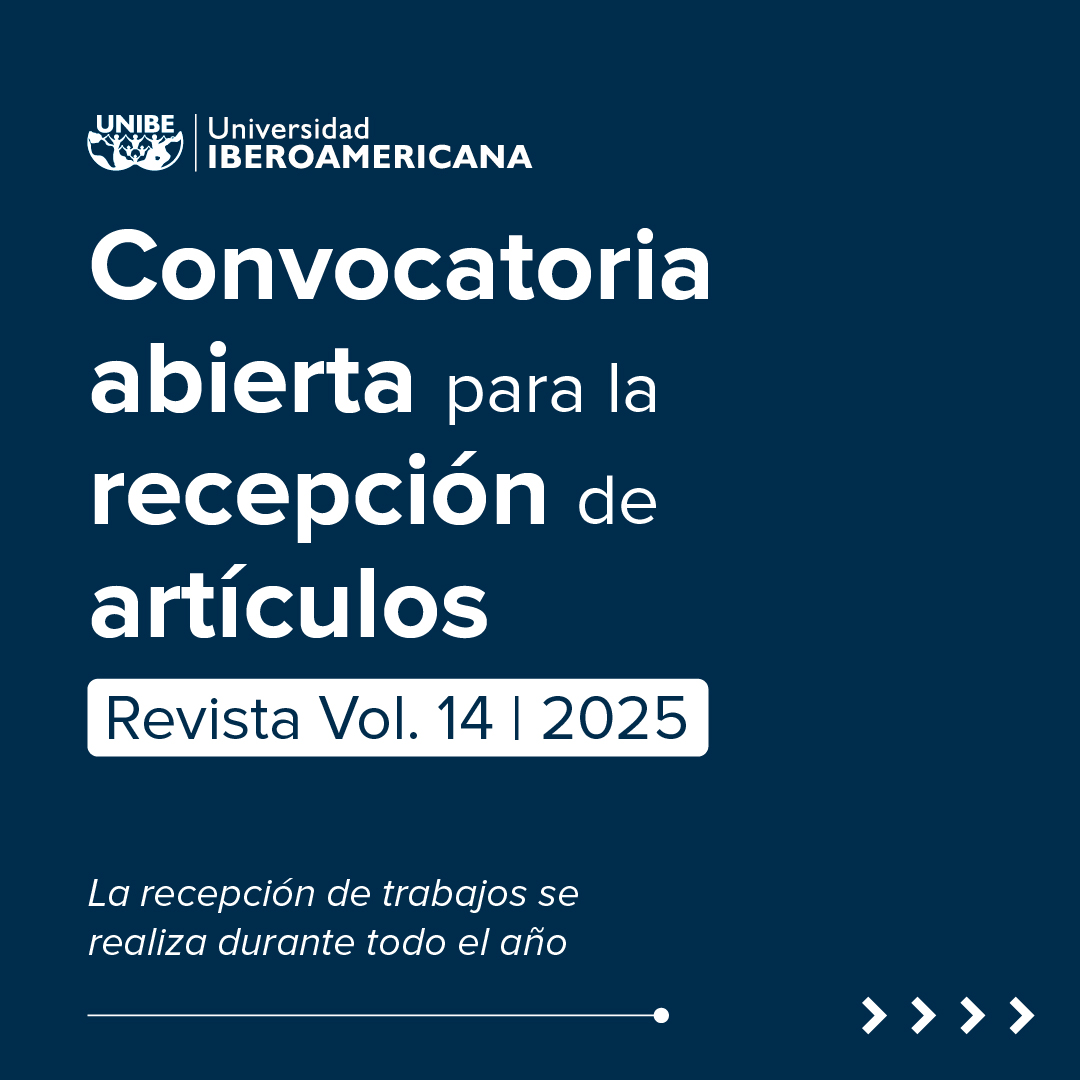The racing teams in the teaching-learning process
DOI:
https://doi.org/10.26885/rcei.13.2.173Keywords:
racing teams, learning, technological tools, motivationAbstract
A student’s learning is not only achieved through what the teacher instructs; it requires interaction when collaboratively working with classmates, developing the competencies associated with the course and essential for their professional life. The knowledge learned is put into practice, seeking success through teamwork in groups called racing teams. This article describes the learning experience achieved by applying the racing team approach in different courses, where the degree of difficulty or not being connected with their professional career, causes disinterest, impacting motivation and results. That is why the objective is to use the strategy of teams to solve problems through computer programs and develop software projects with responsibility and commitment, learning collaboratively with the intervention of the teacher to reach the goal, using technological tools, either working in remote or face-to-face environments. Students can use technology in a course on logic and programming, software engineering, and software development methodologies to perform their activities and rely on their team thanks to communication, coordination, individual talents, and efforts, where the time factor plays an important role, achieving record times through practice without affecting the quality of the result, boosting motivation and having an impact on learning, and above all, building confidence to solve problems individually in activities and exams.
Downloads
References
Belbin, M. (1993). Team roles at Work. Elsevier Butterworth Heinemann
Bernabéu, E. (2017). La atención y la memoria como claves del proceso de aprendizaje. Aplicaciones para el entorno escolar. https://www.researchgate.net/publication/318440785_La_atencion_y_la_memoria_como_claves_del_proceso_de_aprendizaje_Aplicaciones_para_el_entorno_escolar
Casas, X. (2013). Las Empresas se inspiran en la Fórmula 1. El Cronista. https://www.cronista.com/negocios/Las-empresas-se-inspiran-en-la-Formula-1-para-mejorar-el-trabajo-en-equipo-20130422-0030.html
De la Vega, I. (2017). Innovación, tecnologías emergentes y cambio organizacional. Revista Venezolana de Análisis de Coyuntura, 24(1), 311-342.
Gil Ramírez, M. (2018). Competencias del profesorado universitario e integración europea. En Conference Proceedings EDUNOVATIC 2017: 2nd Virtual International Conference on Education, Innovation and ICT (pp. 298-305). Adaya Press.
Harol, K., Durand, G., y Villegas, A. (2022). El zoom como herramienta tecnológica aplicada a la docencia virtual. https://www.researchgate.net/publication/357808368_El_zoom_como_herramienta_tecnologica_aplicada_a_la_docencia_virtual
Jenkins, M., Pasternak, K., y West, R. (2016). Performance at the Limit: Business Lessons from Formula 1 Motor Racing (3a ed.). Cambridge. DOI: https://doi.org/10.1017/9781316477144
Martín, E. (2015). Competencia para aprender a aprender. Difusora Larousse - Alianza Editorial.
Pérez, D. (2020). La pirámide de Edgar Dale o... ¿la gran mentira educativa? Revista digital INESEM. https://www.inesem.es/revistadigital/educacion-sociedad/piramide-de-edgar-dale/
Perminova, M. (2022). What is Miro? https://help.miro.com/hc/en-us/articles/360017730533-What-Is-Miro-
Rodríguez, M. (2009). Motivar para aprender en situaciones académicas. En G. Romero y A. Caballero (Eds.), La crisis de la escuela educadora. Laertes.
Tigse, C. (2019). El Constructivismo, según bases teóricas de César Coll. Revista Andina De Educación, 2(1), 25-28. https://doi.org/10.32719/26312816.2019.2.1.4 DOI: https://doi.org/10.32719/26312816.2019.2.1.4
Troncoso, S. (2021). Psicología en el automovilismo: ¿en qué consiste? Journey sports. https://journey.app/blog/psicologia-en-el-automovilismo/
Viñuela, A. (2013). 10 competencias clave de un equipo de alto rendimiento. http://www.alfonsmvinuela.com/10-competencias-clave-equipo-alto-rendimiento-red-bull-f1-team/
Zarzar, C. (2016). Instrumentación didáctica por competencias. Grupo Editorial Patria.
Downloads
Published
How to Cite
Issue
Section
License
Copyright (c) 2024 María del Consuelo Jiménez Fernández

This work is licensed under a Creative Commons Attribution 4.0 International License.













